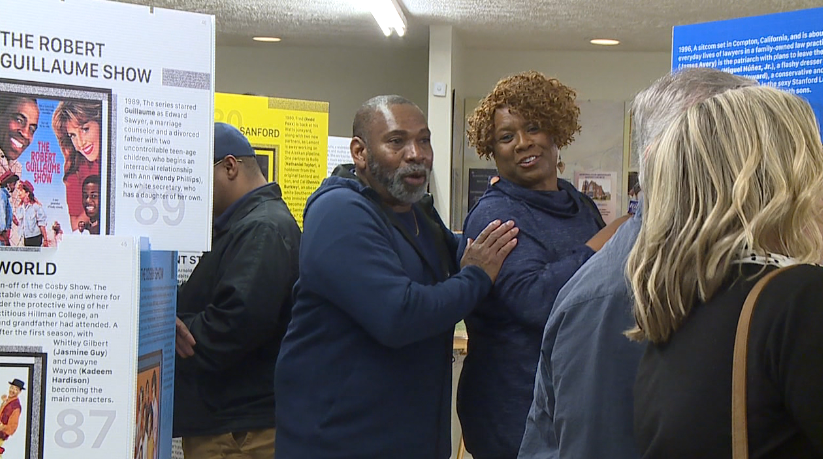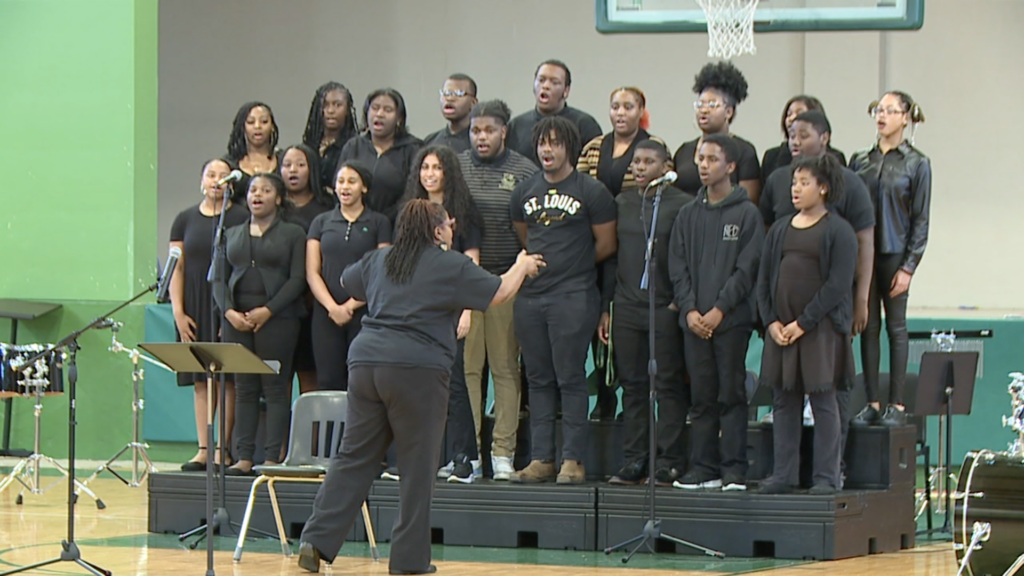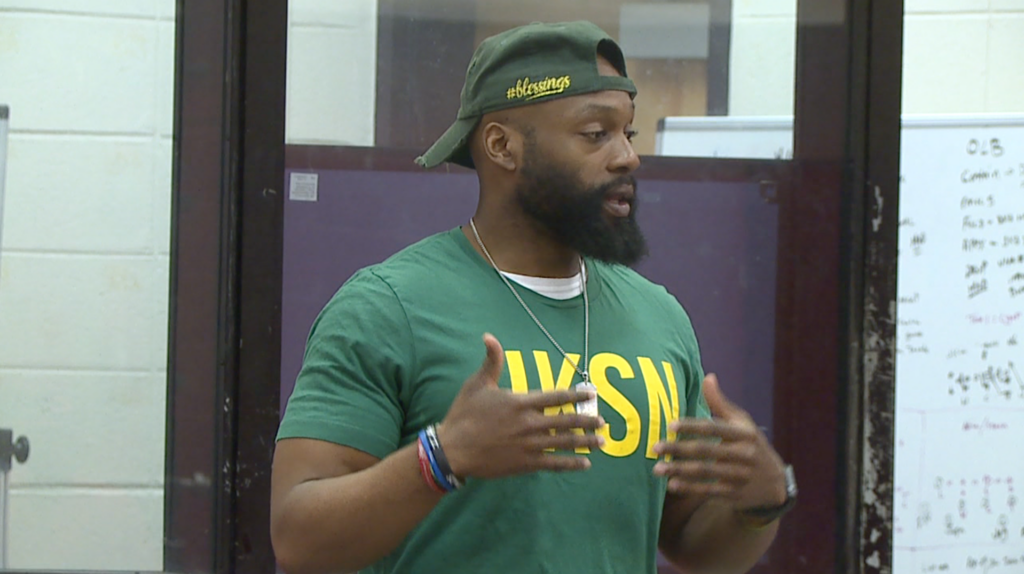Black History Month • Muhammad Ali
Early Life
Muhammad Ali, born Cassius Marcellus Clay Jr., January 17, 1942, was a professional boxer and activist. Nicknamed “The Greatest,” frequently ranked as the greatest heavyweight boxer of all time. He is regarded as one of the most influential sports figures of the 20th century being named Sportsman of the Century by Sports Illustrated and the Sports Personality of the Century by the BBC.
Ali was born and raised in Louisville, Kentucky. He grew up amid racial segregation, being strongly affected by the 1955 murder of Emmett Till, which led to young Ali and a friend taking out their frustration by vandalizing a local rail yard. His daughter Hana later writing that he once told her, “Nothing would ever shake me up more than the story of Emmett Till”
Ali was first led toward boxing by Louisville police officer and boxing coach Joe. E. Martin at the age of 12. They met when Ali was upset over a thief who stole his bicycle, telling Martin he was going to “whup” the thief. He told Ali he better learn to box first. After some time Ali began working with trainer Fred Stone, who he credits with giving him “real training” molding his style, stamina and system. Ali was trained by many in his amateur years. He went on to win six Kentucky Golden Glove titles, two nation Golden Glove titles, an Amateur Athletic Union national title, and the light heavyweight gold medal in the 1960 Summer Olympics in Rome. Upon returning from Rome, he threw his gold medal into the Ohio River after he and a friend were refused service at a “white-only” restaurant and fought with a white gang. Although it was later reported by a friend that “Honkies sure bought into that one!” Ali received a replacement medal at the basketball intermission during the 1966 Olympics in Atlanta where he lit the torch to start the games.
After the Summer Olympics in Rome Ali went pro, winning the world heavyweight championship defeating Sonny Liston in a major upset on February 25, 1964. Ali thrived in the spotlight at a time when many boxers let their managers do the talking. Making him known for his proactive and outlandish persona, famous for his trash talking, free-styled with rhyme schemes and spoken word poetry with elements of hip hop. Often predicting in which round he would knock out his opponent. He fought in several historic boxing matches, Sonny Liston, Joe Frazier, George Foreman, etc. At 22 years old Ali became the youngest boxer to take the title from a reigning heavyweight champion, Sonny Liston.
Change of Pace
After 1961 he became a Muslim and denounced his birth name as a “slave name” and formally changed his name to Muhammad Ali. He first was affiliated with Elijah Muhammed’s Nation of Islam but later disavowed the NOI, adhering to Sunni Islam. In 1966, Ali refused to be drafted into the military owing to his religious beliefs and ethical opposition to the Vietnam War and was found guilty of draft evasion and stripped of his boxing titles. He stayed out of prison while appealing the decision to the Supreme Court, where his conviction was overturned in 1971. Ali did not fight for nearly four years and lost a period of peak performance as an athlete. This decision however made him an icon for the larger counterculture of the 1960’s generation, and he was a very high-profile figure of racial pride for African Americans during the civil rights movement. He was known for being a humanitarian and philanthropist, focusing on practicing his Islamic duty of charity and good deeds, donating millions to charity organizations and disadvantages of all religious backgrounds.
On August 11, 1970, with his case still in appeal, Ali was granted a license to box in the City of Atlanta Athletic Commission. In September of that year a victory in federal court forced the New York State Boxing Commission to reinstate his license. Ali’s first return bout was against Jerry Quarry on October 26, resulting in a win after three rounds after Quarry was cut.
Political Poetry
Ali often used rhyme schemes and spoken word poetry, both for when he was trash talking in boxing and as political poetry for his activism outside of boxing. He played a role in the shaping of the black poetic tradition. In 1963, Ali released an album of spoken word music on Columbia Records titled, I am the Greatest, and in 1964, he recorded a cover version of the rhythm and blues song “Stand by Me.” I Am the Greatest sold 500,000 copies, and has been identified as an early example of rap music and a precursor to hip hop. It reached number 61 on the album chart and was nominated for the Grammy Award for the Best Comedy Album at the 6th Annual Grammy Awards in 1964. He later received a second Grammy nomination, for “Best Recording for Children”, with his 1976 spoken word novelty record, The Adventures of Ali and His Gang vs. Mr. Tooth Decay.
In 1978, Ali revealed that he was “broke” and several news outlets reported his net worth to be an estimated $3.5 million (inflation-adjusted $15 million). The press attributed his decline in wealth to several factors, including taxes consuming at least half of his income, management taking a third of his income, his lifestyle, and spending on family, charity and religious causes.
Near the End
By the end of Ali’s career he had absorbed an estimated 200,000 hits. In 1984 Ali was diagnosed with Parkinson’s syndrome, which is known to sometimes result from head trauma for violent physical activities. Ali’s Parkinson’s syndrome led to a gradual decline in his health, though he was still active into the early 2000s, promoting his own biopic, Ali, in 2001. In 1998 Ali began working with actor Michael J Fox to raise awareness and funding research for a cure, making a joint appearance before congress in 2002.
Ali was hospitalized in Scottsdale, Arizona, on June 2, 2016, with a respiratory illness. Though his condition was initially described as fair, it worsened, and he died the following day at the age of 74 from septic shock.
Special thanks to the author, Shelby Tyre. For more Black History, click here.












